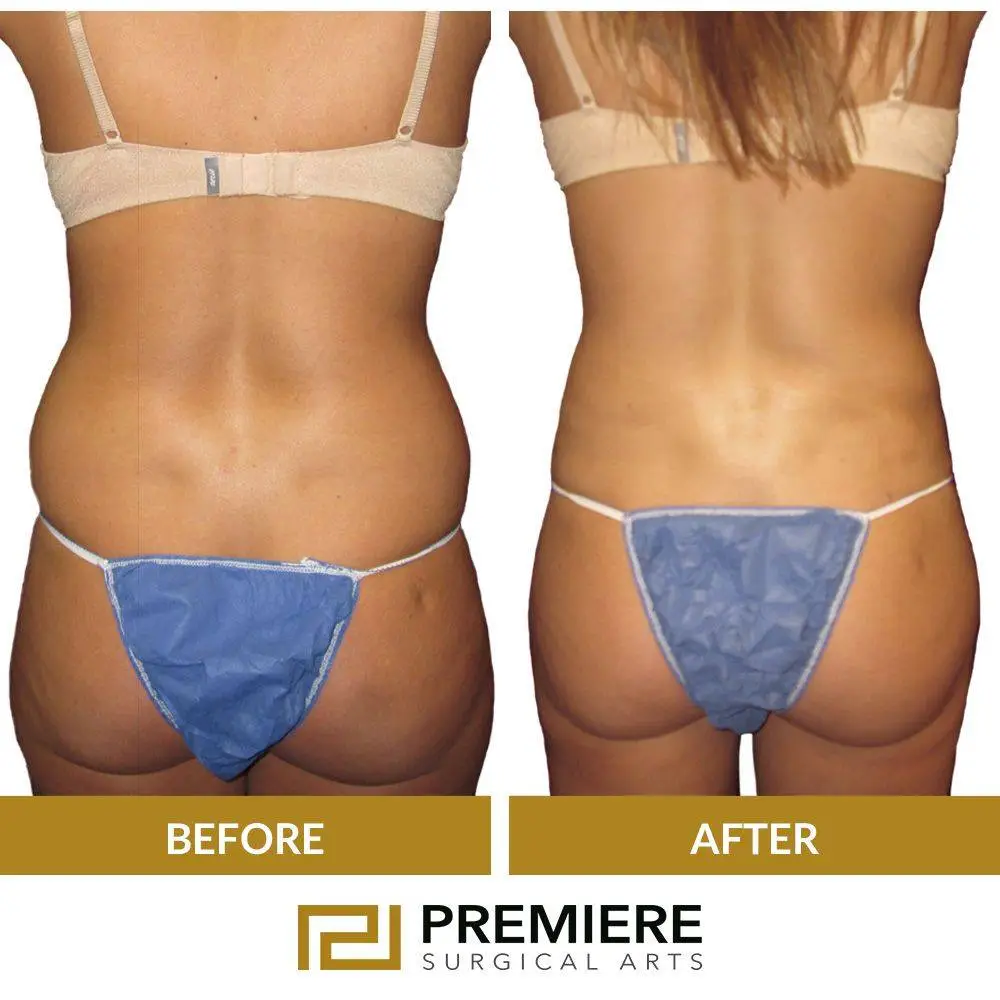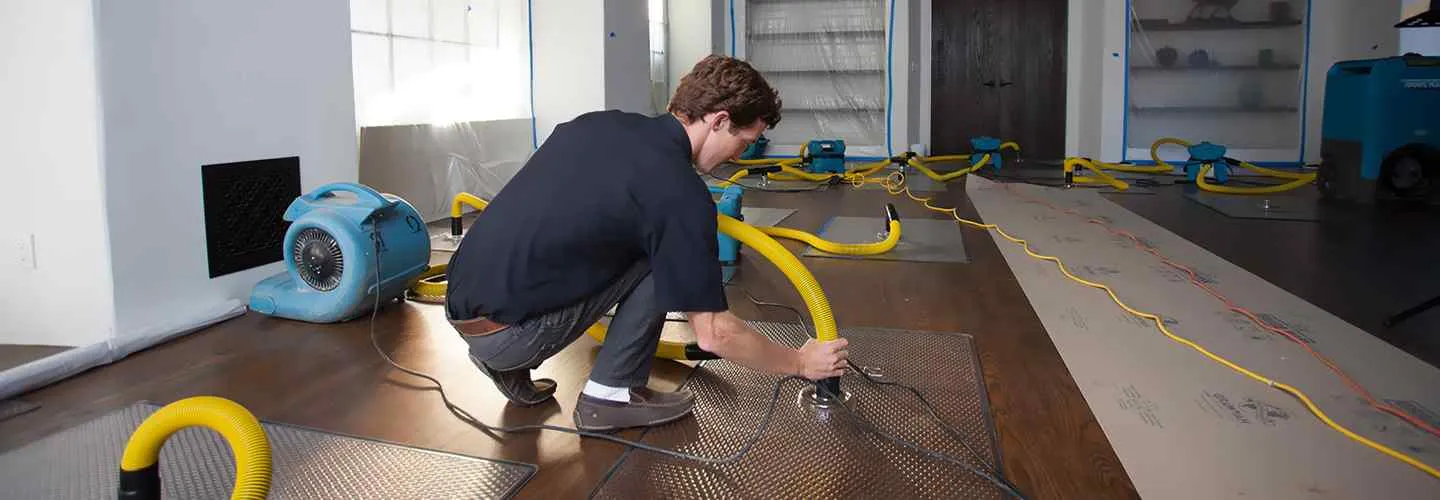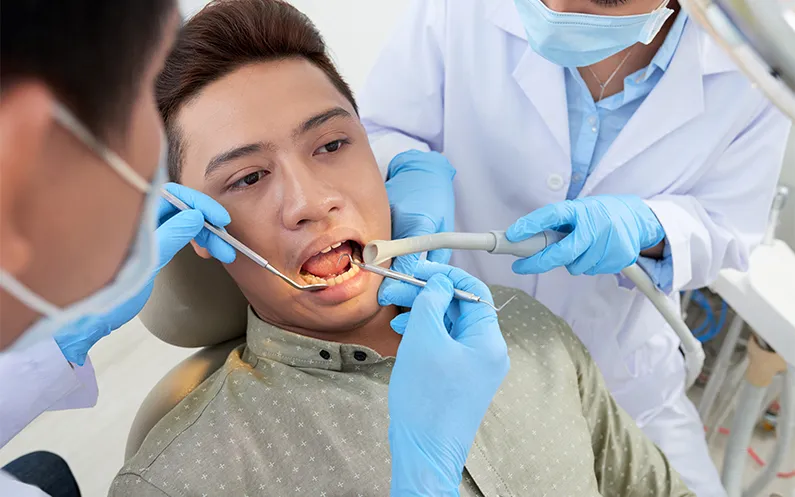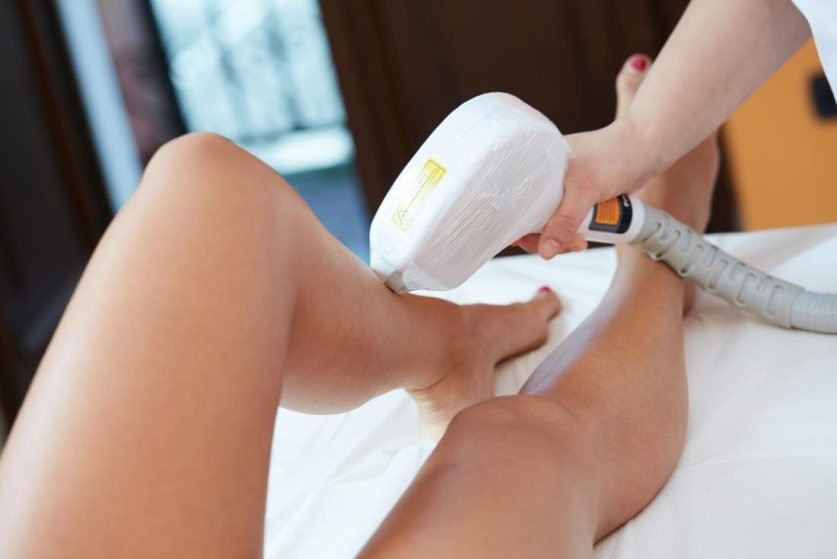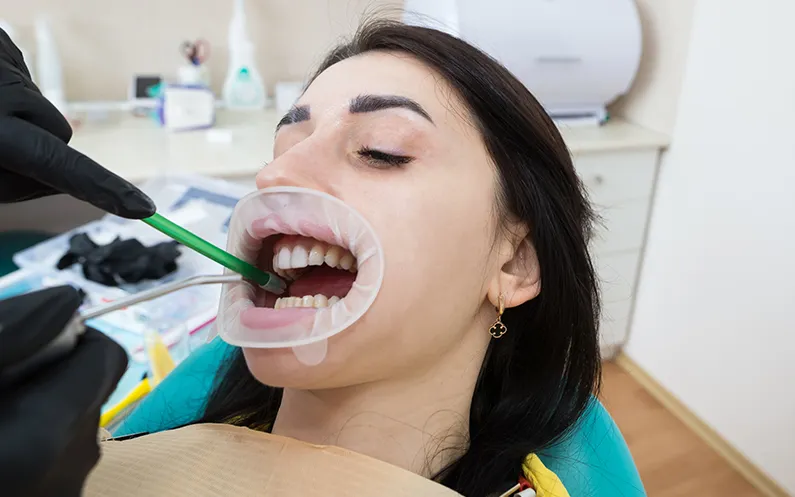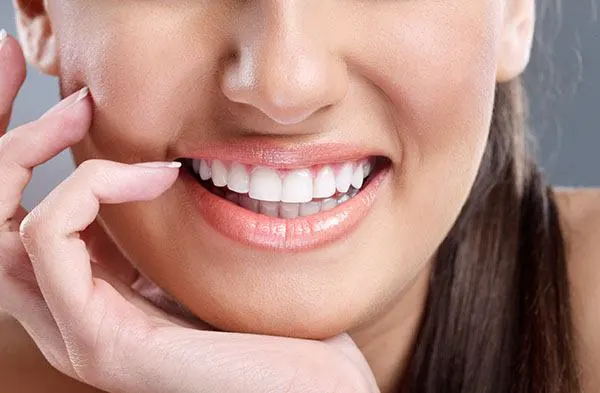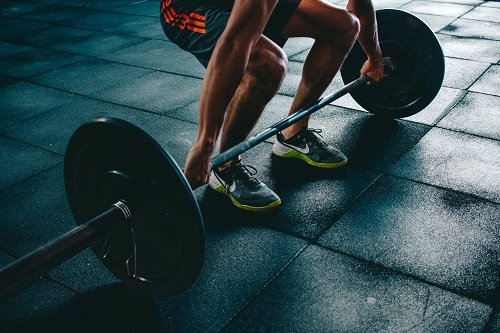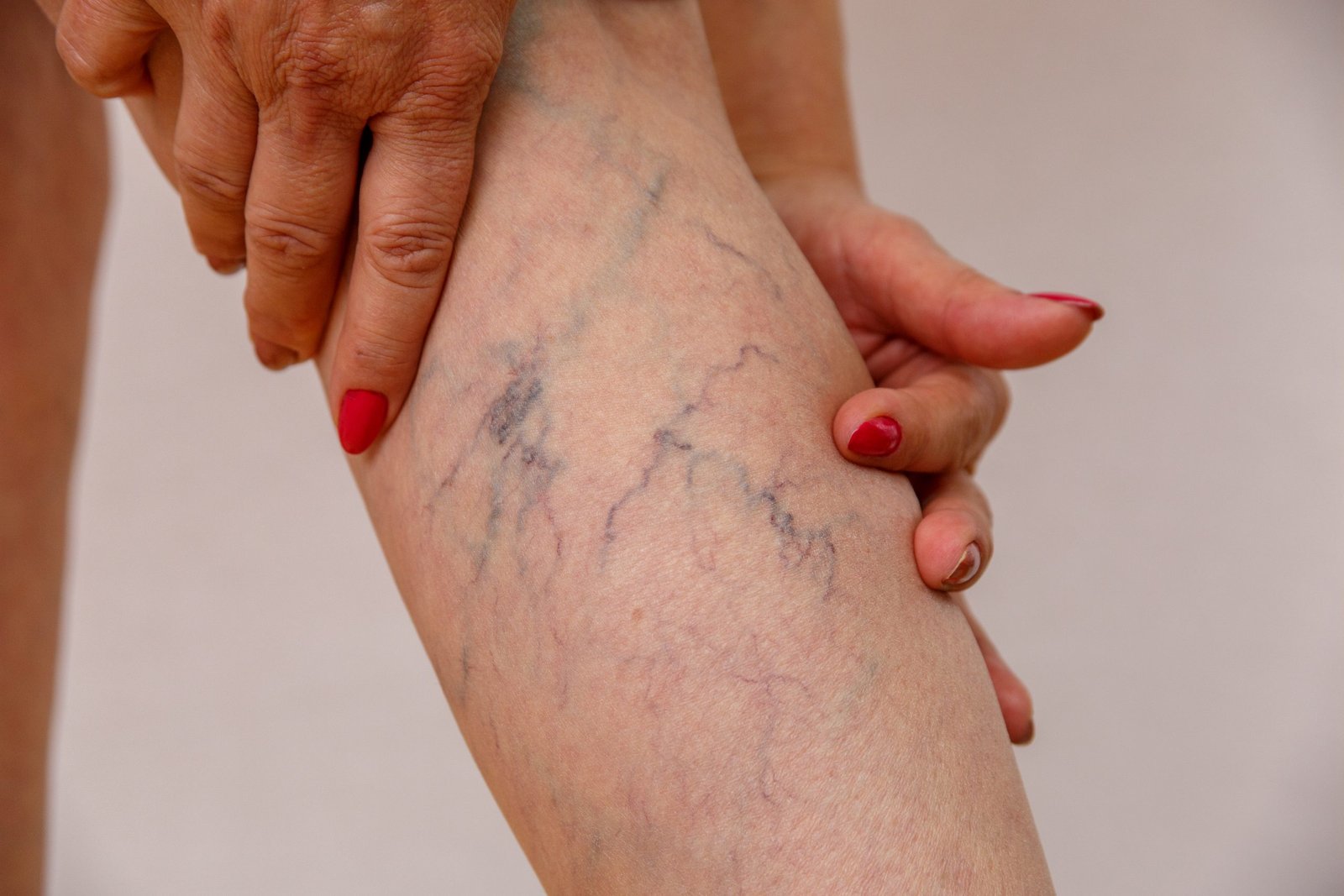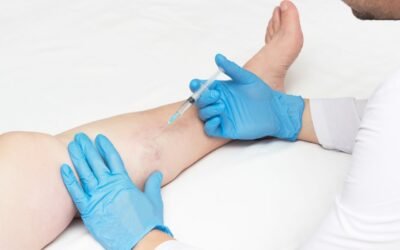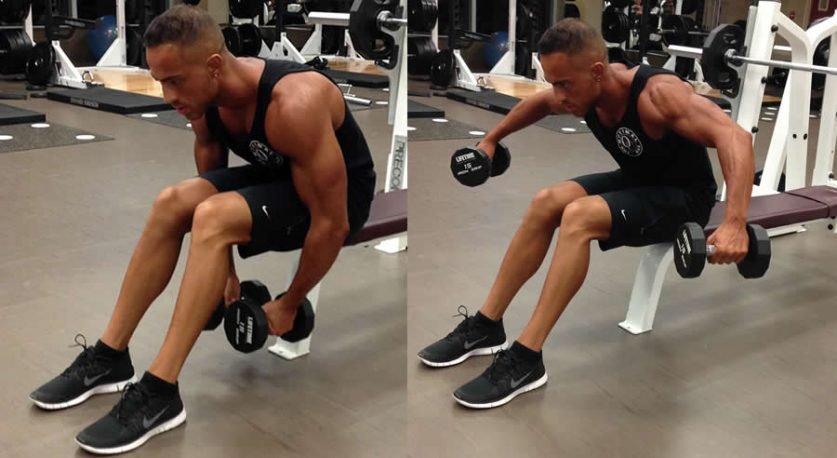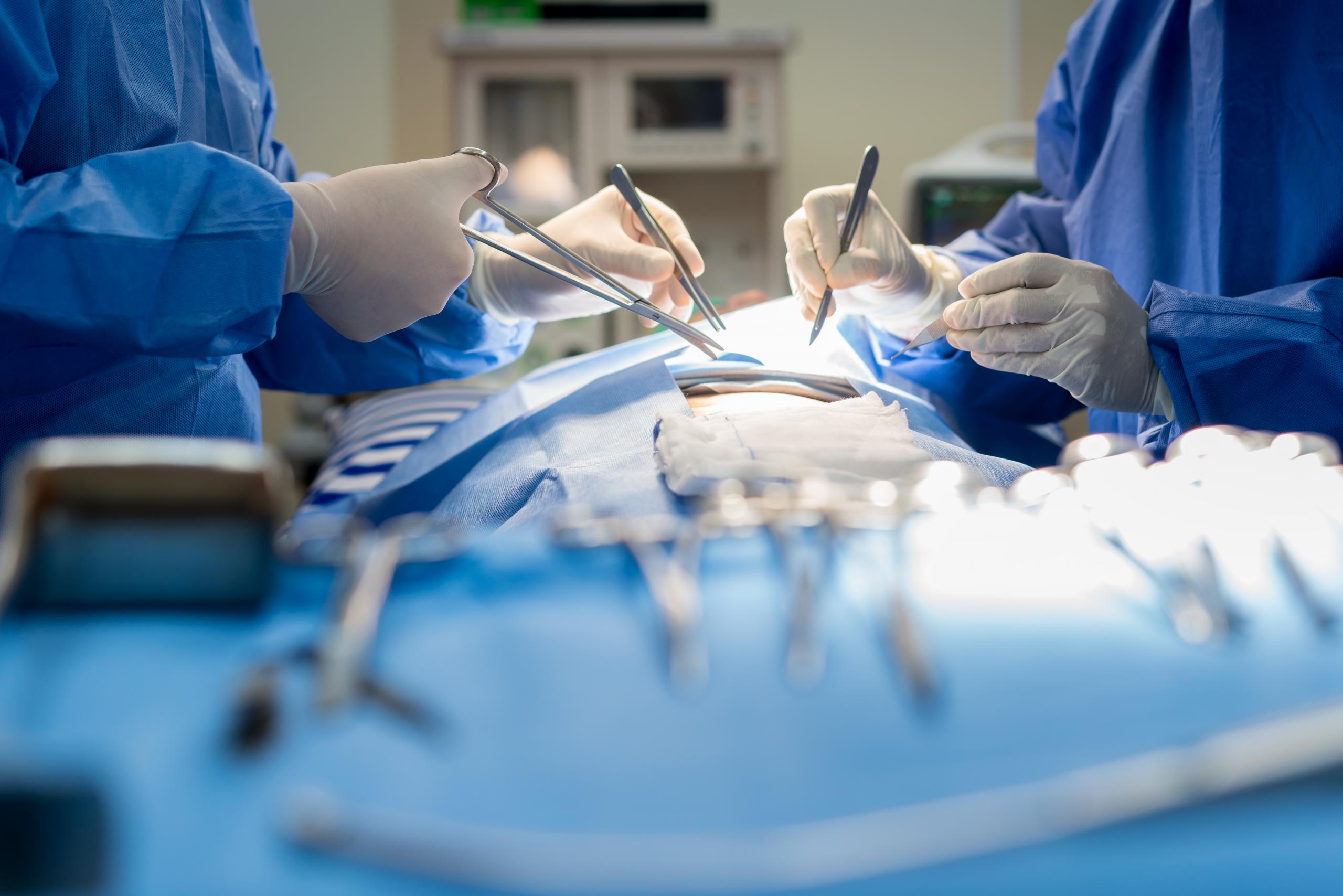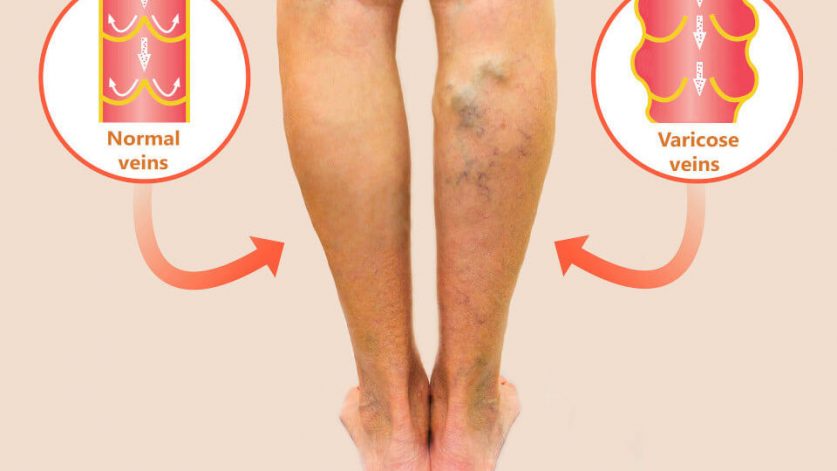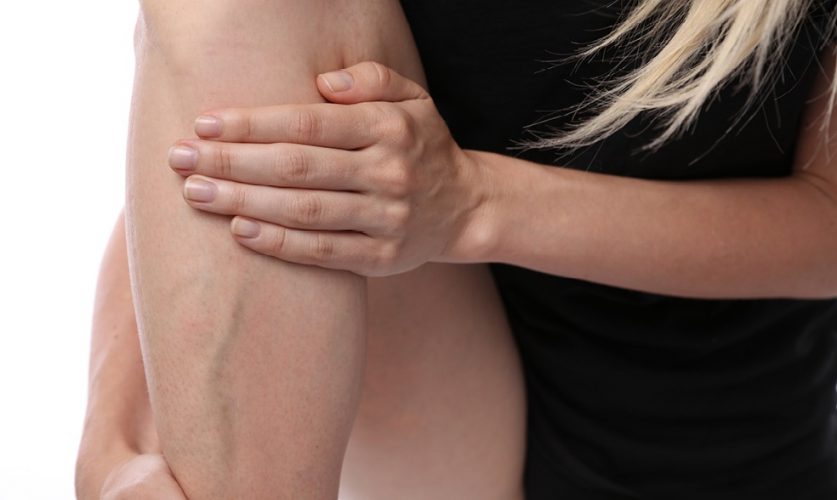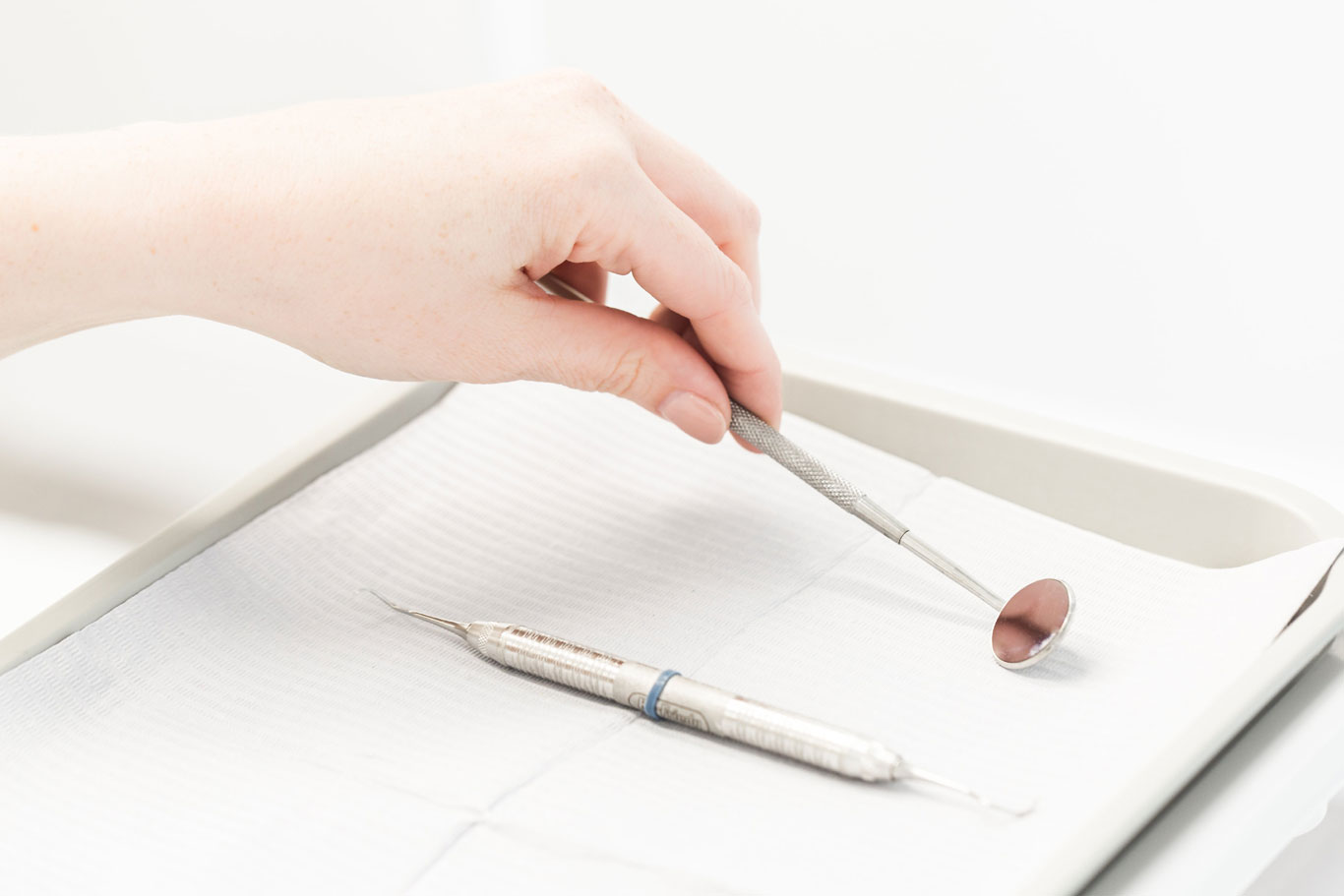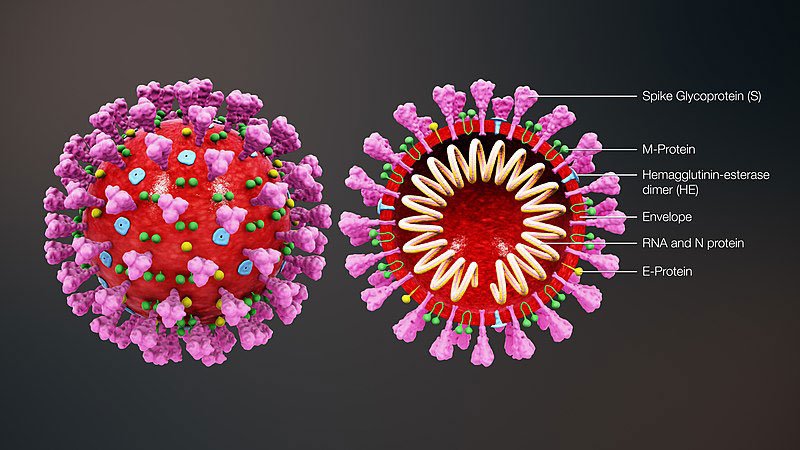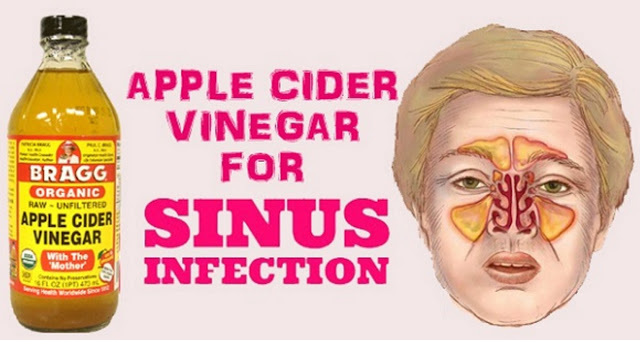Except for your heart and brain, a
Vascular Surgeons handles a variety of disorders that affect the blood arteries in every part of your body. You should have proper knowledge about
What is the treatment for varicose veins. This can include things like:
- Atherosclerosis, or artery hardening, occurs when plaque builds up on the artery walls.
- A blood clot in a vein deep beneath your skin is known as deep vein thrombosis (DVT).
- Spider veins are microscopic webs of veins just beneath the skin's surface.
- Accidents or injuries that cause damage to the arteries and veins
- Varicose veins are big, bulging, twisted veins in the legs that can cause pain and suffering.
- An aneurysm is a bulge or weak area in a blood vessel.
- Nutcracker syndrome and thoracic outlet syndrome are examples of compression syndromes.
- Dialysis access, also known as graft or fistula installation, is a procedure that permits you to receive dialysis treatment for kidney illness.
- Venous ulcers, arterial, and diabetic (neuropathic) wounds, which are non-healing lesions caused by inadequate blood flow, are common in the legs.
- Carotid artery disease also is a condition in which the arteries that provide blood to your neck and limbs narrow or get blocked.
It is essential to get a diagnosis.
When seeking therapy for varicose veins, choose a board-certified specialist who specializes in treating the body's vascular system, such as a vascular and interventional radiologist or a Vascular Surgeons. A physical examination and an ultrasound follow a thorough medical history to assess the veins beneath the skin's surface.
Varicose vein treatment no longer necessitates general
anesthesia or extensive incisions to remove a troublesome vein, a vein stripping2. The most troublesome veins can be treated without surgery using minimally invasive techniques, from the tiniest spider veins to the most extensive varicose veins. Heat, adhesive, or fluid injected straight into the veins are some of the newer treatments.
Varicose vein treatment should be tailored to the individual. Your treatment may consist of a single procedure or a combination of procedures, depending on your vein problem. Treatment for varicose veins is usually covered by insurance when vein disorders cause health problems, but, in other circumstances, therapies are considered cosmetic. You can check with your insurance company to see if you're covered. You should know about
are Varicose Vein Treatments Covered by Insurance.
Final thoughts
Varicose veins are twisted and bulging veins that most commonly appear on the legs. They happen when the veins' one-way valves don't work properly. Valves are meant to keep blood from running backward in veins to reach its intended destination, the heart; however, when these valves fail or become defective, blood pools. Varicose veins are caused by increased pressure stretching the vein walls, which may already be weak.
While many people think of varicose vein treatment as solely cosmetic, there are some valid medical reasons to seek treatment if you have varicose veins. If you are one of the nearly 30% of adults who have varicose veins and are experiencing symptoms, you should be aware of your treatment choices.

